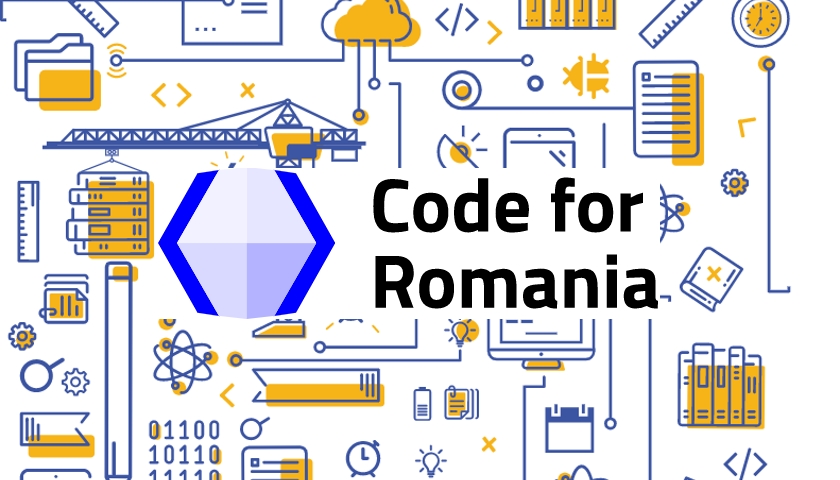Open source software developers working for Code for Romania are planning to use elements from computer games to build educational software for school children with deafblindness and multisensory impairments. First code development will start early next month, and the first tests of alpha versions are planned for August or September.
In preparation, Code for Romania, an NGO promoting open data, openness and the use of civic technology, has been organising online meetings over the past few weeks with teachers from specialised schools in the cities of Iași, Oradea and Timișoara. The teachers showed the developers how they work with the impaired students. This helps the developers fine-tune their software needs and requirements, explains Olivia Vereha, one of the founders of Code for Romania.
The Covid-19 pandemic has delayed the start of the project, Ms Vereha told the European Commission’s Open Source Observatory, because the NGO has been working with the Romanian government on applications related to fighting the virus. “Now we aim to make up for the delay, and stick to the original planning for the first tests, later this summer,” she said.
Ms Vereha says there are about 3,000 young students with deafblindness and multisensory impairments across the country. The e-Sense project targets 335 students who are between 4 and 10 years of age: “This is when intense intervention is often required. It is also where teachers expect that the gamification of education can give good results.”
Exercises
The software will be designed so that its components and modules can be easily adapted by others, from translation to adapting exercises or adding new ones. The code will be made ready for use in Romanian and English, and possibly also Hungarian. Ms Vereha says that by making the code available as open source, and allowing others to host their own versions, it will save them some 60–70% of their code development efforts.
Code for Romania will be working with Sense International, a UK-based nonprofit supporting people with deafblindness.
“Children with deafblindness and multisensory impairments face major difficulties in communication, access to information, orientation and mobility,” Sense writes.
From the announcement by Sense International:
“Teaching these children is a very specific type of education, which requires specialised techniques, knowledge and skills. Digital technology is more and more widespread in the education system and in our everyday life, but not when it comes to children with deafblindness. In order for them to be able to access high-quality education and not be left behind, they need educational software adapted to the specific needs that come with having both visual and hearing impairments.”
The e-Sense project is financed with a grant from the Orange Foundation. “Grants such as these allow us to hire specialists, in this case someone experienced in building educational computer games,” Sense writes. If needed, the NGO can also appeal to its members, numbering some 1600 volunteers, many of whom donate their time and expertise.
Source: joinup.ec.europa.eu





